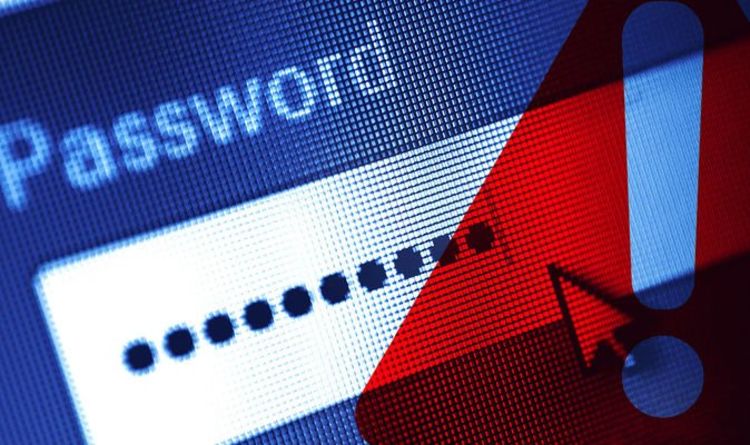
Some incredibly simple mistakes can easily put your most important online details in the hands of hackers. That’s the latest findings from the security team at McAfee who have discovered many of us are not following the most basic rules when it comes to our online accounts. The findings have been released to mark World Password Day, which is today (May 6, 2021) and they make for some pretty terrifying reading.
You’re probably already aware that using the same password for multiple accounts is a terrible idea and coming up with a security code that includes details that are easy to guess for anyone who knows you – like birthdays or pet names – is about as secure as a padlock with the key left in it.
However, many of us continue to do just that when setting up an account or trying out a new online service or app. We’re also terrible at changing a password once it’s been chosen leaving online at high risk of attack.
According to McAfee, more than a third of Britons say they have not changed their password for a long period of time. Worst still, 37 percent have admitted to reusing the same or similar password more than once and 19 percent of people have actually written down their password on a piece of paper to make it easier to remember.
All of this can make it simple for hackers to access multiple devices with just one simple click. Another change that’s easy to make and can improve things is setting up multi-factor authentication which means accounts need an additional layer of security to be accessed.
READ MORE: As Spotify increases prices, Apple Music subscribers could get a FREE upgrade
Password sharing: Passwords should never be shared with anyone else, even trusted family and friends. Sharing a password could result in critical personal information falling into the wrong hands. McAfee advises against this and encourages consumers to keep all passwords to themselves. Even more importantly, never share a password over text, email, or any other online communication channel.
Keep it impersonal: Passwords that include personal information, such as your name, address, or pet’s name, make them easier to guess. This is especially true when we share a lot of personal information online. But, you can use personal preferences that aren’t well known to create strong passphrases.
Never reuse passwords: If you reuse passwords and someone guesses a password for one account, they can potentially use it to get into others. This practice has become even riskier over the last several years, due to the high number of corporate data breaches. With just one hack, cybercriminals can get their hands on thousands of passwords, which they can then use to try to access multiple accounts.
Employ a password manager: If just the thought of creating and managing complex passwords has you overwhelmed, outsource the work to a password manager. These are software programs that can create random and complex passwords for each of your accounts, and store them securely. This means you don’t have to remember your passwords – you can simply rely on the password manager to enter them when needed.
Employ multi-factor authentication: You can double-check the authenticity of digital users and add an additional layer of security to protect personal data and information.
Published at Thu, 06 May 2021 07:05:00 +0000
Your passwords could be exposed by making ANY of these 3 simple mistakes













